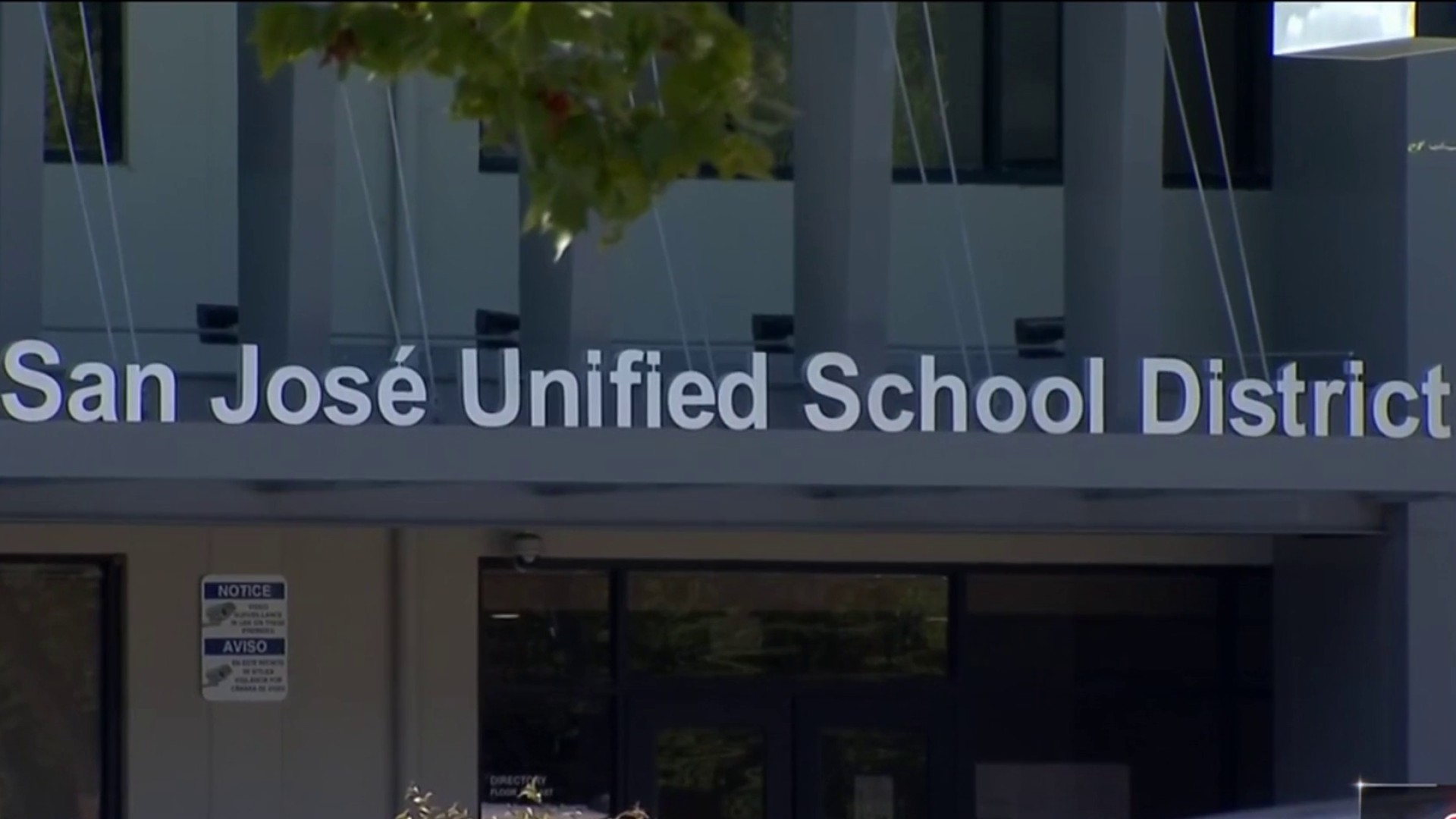The BART Board of Directors approved a budget Thursday for fiscal year 2020, but failed to agree on proposed fare increases upon which the budget was partially built.
The board voted 8-1 to approve the budget, with Director Liz Ames casting the lone dissenting vote.
The $2.37 billion budget includes $947.3 million to pay the agency's roughly 3,400 employees, as well as $262 million to buy new train cars, $201 million to repair tracks and other structures within the system, money for new police officers and fare evasion prevention efforts and $167 million to improve earthquake safety, among other things.
BART staff, however, had built the budget at least partly on an eight-year cycle of fare increases that would have started in 2020 and raised $400 million, according to a report presented to the board Thursday.
Before the vote on the fare hikes, which would have been roughly 4% every other year, Ames and Director Debora Allen both expressed concern that increasing the cost to ride BART would further discourage ridership, which has been in steady decline.
"I didn't want to focus on this right now, I want to focus on ridership declines," Ames said.
Director Rebecca Saltzman said she couldn't see her way clear to approving fare increases while not also increasing parking fees at BART stations.
Local
"We continue to increase fares while continuing to leave parking fees flat," Saltzman said. "I really think need we need to revisit having incremental increases to parking fees."
The proposed increases are part of a program of regular, moderate fare hikes the board first approved in 2003 and 2013 and are designed to avoid shockingly high increases.
According to a report presented to the directors by BART staff, the 1980s and 1990s were characterized by long gaps between increases, followed by fare hikes of 30% and 45%.
It's unclear what effect the board's decision not to increase fares will have on the overall budget, but General Manager Grace Crunican said the budget will need a "reboot" in July.
"This changes everything for us," Crunican said.
The loss of revenue could jeopardize BART's Transbay Corridor Core Capacity Project, which would increase the system's ability to move people between Oakland and San Francisco by 45%.
It could also damage BART's ability to generate bond money for major improvement and expansion projects, according to Director Robert Raburn.
"It's like quitting your job and then walking into the bank and asking for a loan," Raburn said.
While it rejected the fare hikes, the board voted Thursday to issue up to $600 million in new bonds and directors approved a pilot program to test the effectiveness of giving 20% per-trip discounts to low-income riders.



